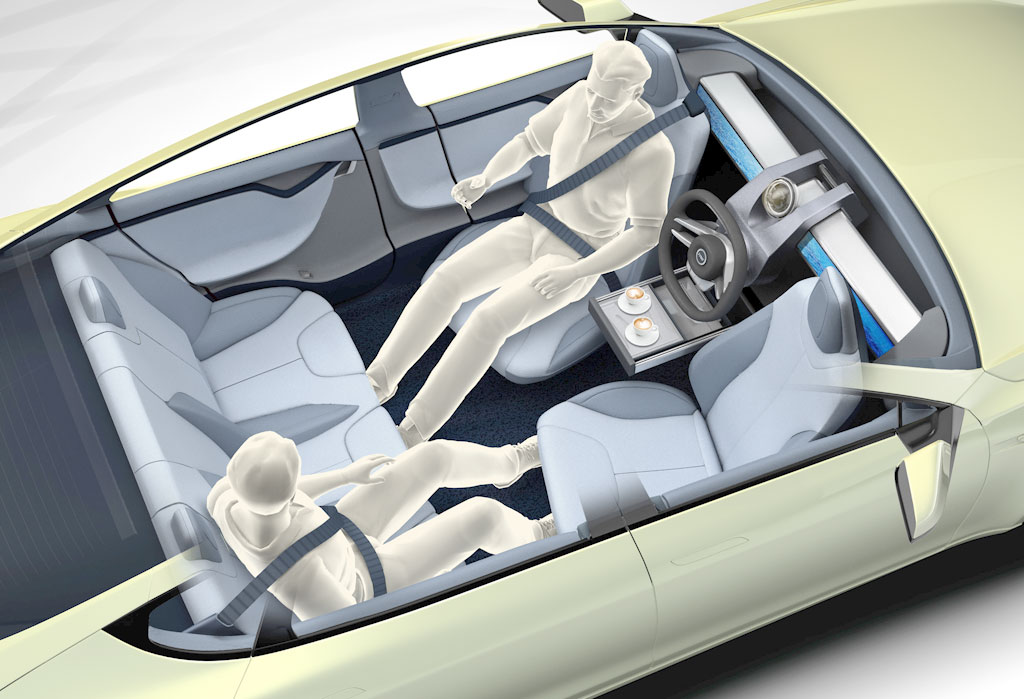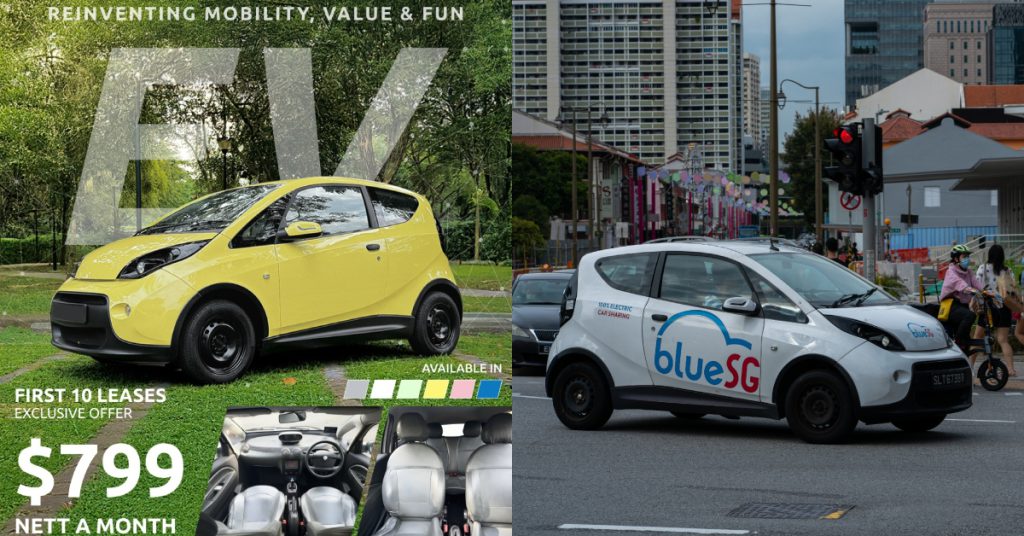According to ChannelNewsAsia and Straits Times, the Ministry of Transport (MOT) has announced that they are getting serious with the prospect of driverless vehicles in Singapore. Their first step – creating a new committee to oversee the project.
This committee, cleverly named CARTS (Committee on Autonomous Road Transport for Singapore) will be led by Mr Pang Kin Keong, Permanent Secreatary of MOT, and will include representatives from other government bodies such as the Land Transport Authority (LTA), the Housing Development Board (HDB), the Urban Redevelopment Authority (URA), and the Economic Development Board (EDB), along with academics like Prof Carlo Ratti from MIT and representatives from industry leaders Toyota, Continental Automotive Singapore, and Cisco Systems.

According to Senior Minister of State for Transport Josephine Teo, CARTS will be studying ways to harness Autonomous Vehicle (AV) technology to change the country’s land transport system. This team will also be split into two workgroups: The first will envision “what AV-enabled towns in Singapore in the future could look like, recommend AV-enabled mobility concept plans for such towns, and chart a roadmap for implementation”, while the second will focus on regulation and implementation. That would include creating a framework for AVs to work safely and efficiently on public roads and spaces, and test-bedding AV technology and concepts in Singapore.
“AV technology has the potential to transform the way we travel, and also the way we live,” said Mrs. Teo. “It is important that we study the technology and how we can harness it for future mobility, even as we continue to work hard to improve the current transport system.”
Singapore the Smart Nation

This development in transportation technology happens at a time where Singapore has gone full steam ahead to realize their vision of a ‘Smart Nation’. Other implementations have been taken in improving transportation conditions in Singapore, such as using video analytics software to watch for illegal parking, offering free wifi connection at 28 MRT stations at platform level, and adding charging points at four different MRTs and one bus stop in Jurong East. It’s very likely that the AV project is yet another ‘Smart Nation’ implementation, though it was not explicitly stated.
In January this year, a team in Singapore trumped Google by successfully developing their own version of a self-driving car prototype under half the cost – just S$30,000 ($23,500). It comes to no surprise, therefore, that the government would choose to invest in this new technology for larger uses. The Land Transport Authority (LTA) and the Agency for Science, Technology and Research (A*STAR) also announced the Singapore Autonomous Vehicle Initiative (SAVI), an initiative that will support CARTS in exploring AV technologies and finding ways to successfully adapt it to use in Singapore. Though the prototype was for a private vehicle, the adaption to a public transportation vehicle would be a great step forward to improving Singapore’s public transportation system, especially after it’s recent bouts of MRT breakdowns.
According to Channel NewsAsia, One-North will be the first public road network to test driverless vehicles, and this will take place from New Years’ Day next year. With JTC as the masterplanner of One North, they will provide test routes around Biopolis, Fusionopolis, and Mediapolis, working the AV prototypes through different traffic conditions to test the AV’s navigational controls.
The Future of Singapore’s Transport System?
AV’s may be the solution to LTA’s woes.According to Emilio Frazzoli, lead investigator of the future urban mobility group at SMART that created the AV prototype, the car population numbers (private and public vehicles) can be cut by over half from 800,000 to 300,000. In light of Singapore’s public transportation woes, this may be the upgrade we need.

There are of course worries that come with driverless vehicles, especially if they carry hundreds of people at a time. The vehicles may be vulnerable to malicious hacking which if successfully done could disrupt social order from behind a computer screen. The total reliability of city transport on computerised automation would worry anyone, so hopefully they will put measure in place to prevent any dangerous mishaps. It’s a good thing that the project would be government funded, because the costs of important infrastructures need to support this jump in technology is massive.
There are other AV projects in Singapore that are underway. The Massachusetts Institute of Technology, in collaboration with the National University of Singapore (NUS) have created the Shared Computer Operated Transport, or Scot, and are testing it on campus grounds. Nanyang Technological University (NTU) is testing a driverless shuttle that can seat up to 10 people.
It looks like driverless is the new way to go. But could you imagine driverless cars maneuvering the roads?














